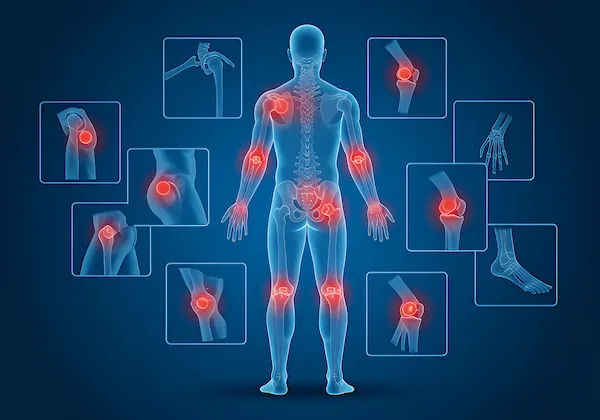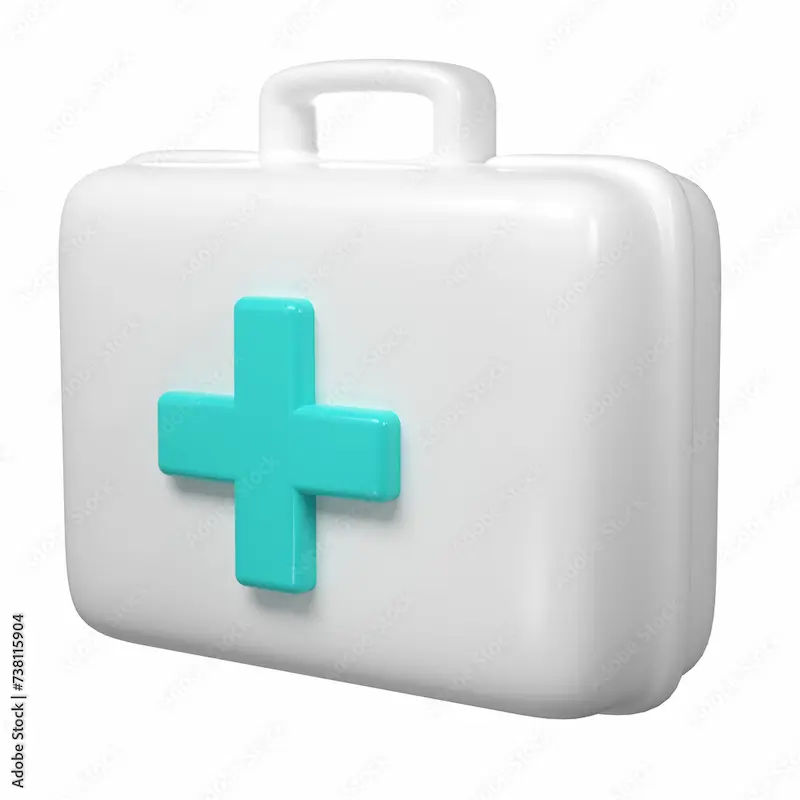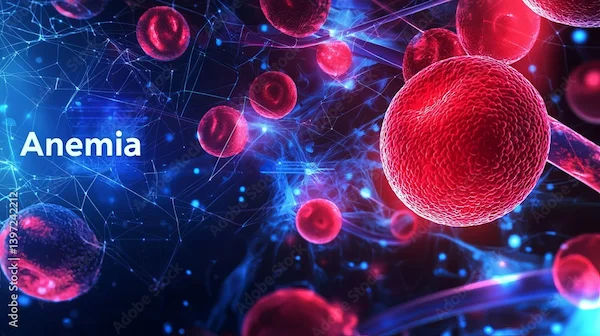- female
- 30 Years
- 29/01/2025
I've been experiencing this weird internal fever sensation every evening and I feel super uncomfortable. And in the mornings, I wake up feeling really weak. It's been happening every day for the last 15 days. What do you think could be causing this? Should I be worried?
More General Physician/ Internal Medicine Health Queries
View allI've just received a negative COVID test result, which is a huge relief, but I'm unsure about how long I should continue taking my Zincovit tablets. Is it necessary to keep taking them for a set period even after testing negative, or can I stop now? Would love any guidance on this!
Typically, Zincovit tablets, which support immune function, can be continued for 1-2 weeks after recovering from COVID-19,
Answered by 1 Apollo Doctors
I'm wondering which doctor I should see for a full body check-up. The report includes details about every part of my body, like my heart, liver, and bones. Who would be the best specialist to go to for this kind of comprehensive review?
MD MEDICINE
Answered by 1 Apollo Doctors
I'm dealing with a cold and a runny nose for the last 15 days, and I've been taking Cheston Cold. It seems to help, but only for a day, and then the symptoms come back. Could you help me understand why this might be happening and what I can do to properly get rid of it? Its getting frustrating!
Avoid common irritants such as cigarette smoke and sudden temperature changes. Drink plenty of water. Use a humidifier. Try nasal saline sprays or rinses. If the runny nose is a persistent, watery discharge, particularly if accompanied by sneezing and itchy or watery eyes, your symptoms may be allergy-related and an over-the-counter antihistamine may help...take OTC antipyretics along with above... If symptoms persists more than 3 days even after OTC medication consult physician they will help you.
Answered by 1 Apollo Doctors
Disclaimer: Answers on Apollo 247 are not intended to replace your doctor advice. Always seek help of a professional doctor in case of an medical emergency or ailment.






